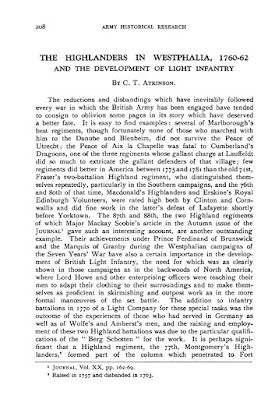Description
Set in 1781, on the Connecticut Ridge. The American War of Independence has now moved south, but a detachment of Hessian soldiers land from a British frigate off the Sound and cause old wounds to reopen. Squire Hunt convenes the militia and seeks total revenge, leaving Evan Feversham with the question 'Is war merciless - or are men merciless Pastor?' There are times when the circumstances of life become implacable and then vou have the feeling that no force or argument or plea can alter them. One event moving in the tracks of another with the mindless, plodding motion of a great ox.'

The Hessian tells the story of the capture, trial, and execution of a Hessian drummer boy by Americans during the Revolution. At the heart of the story is a Quaker family, who hide the boy after his landing party has been killed in an ambush. Because the captain of the Hessians had ordered the hanging of a local whom he thought might be a spy, the town militia lay in wait, massacred the Hessians, and hunted down the only survivor, Hans Pohl.
His capture and trial provide an opportunity to explore the difficult moral position that war presents, complicated by the presence of the Quaker family. The story is told from the point of view of Evan Feversham, a doctor who has seen enough of death, and an outsider in the narrow world of Puritan New England. Based on a true event.
Directed by Vanessa Whitburn, BBC Birmingham.
CAST:
Evan Feversham:……..Derek Jacobi
Alice Feversham:……..Patricia Gallimore
Squire Hunt:…….Ian Hogg
Sarah Heather:……..Hedli Niklaus
Raymond Heather:……..Steve Hodson
Sally Heather:……..Kathryn Hurlbutt
Jacob Heather:…….Shaun Ley
Hans Pohl/Saul/Clamberham:………Kerry Shale
Rodney Stephan/Colonel St August:…….Blain Fairman
John Dorset/Hessian Officer:………John Livesey
General Packenham:……..Noel Johnson
Salem Alan:……..Ston Probert
Jenny Perkins/Annie Heather:……..Liza Ross
F. Hessleman / Bosley Crippitt:………..Harry Towb
Billy/Jeb:……..Jonathan Owen
Abigail Hunt:……..Shirley Stelfox
Hessian Sergeant:……..Crawford Logan











































